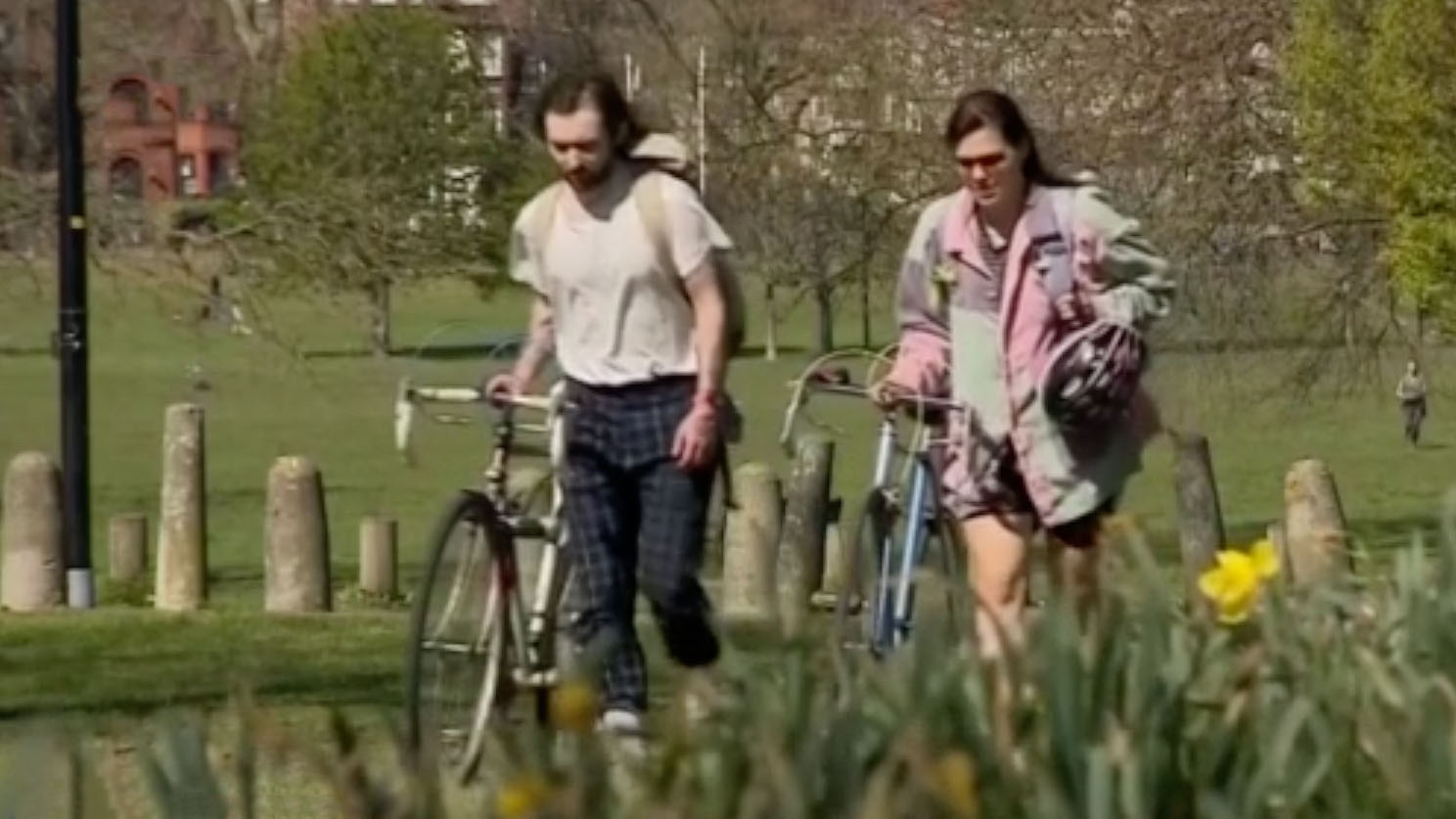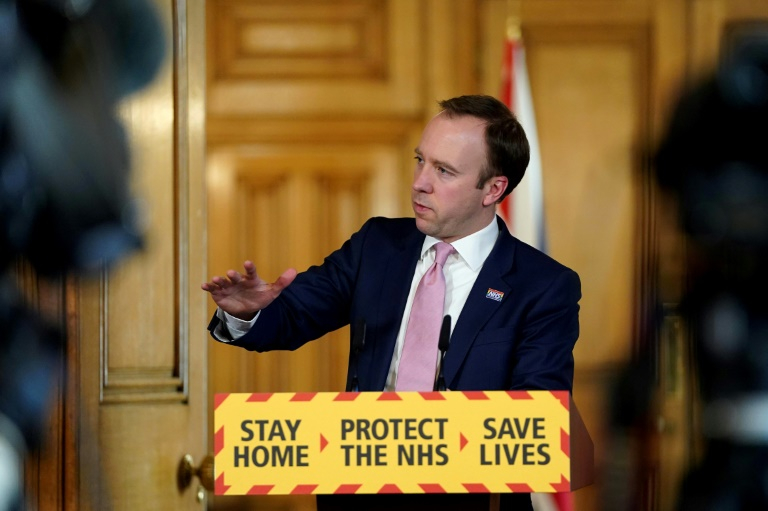00:31

The British government on Sunday warned that outside exercise could be banned if people flout stringent guidelines to contain the coronavirus infections.
Daily exercise, such as walking, running or cycling, is allowed as long as people maintain social distancing. But any other activity such as sunbathing could put others at risk and prolong the lockdown, Health Secretary Matt Hancock said.
London's Lambeth Council closed Brockwell Park on Sunday after it said many people had sunbathed or gathered in large groups there on Saturday.
Hancock, who himself tested positive for COVID-19, told Sky News television that sunbathing was "against the rules" and anyone doing so put lives at risk.
The UK government on March 23 ordered a three-week shutdown of non-essential shops and services to cut close-contact transmission of the virus. But warmer weekend weather has stoked fears that people could congregate in parks and open spaces, potentially threatening any gains made in cutting transmission rates.
Hancock said that most people were following guidance only to leave their homes to shop for essential supplies and medicine, and to exercise once a day. But it was "quite unbelievable" that a minority were not.
"If the result of that is that too many people go out and flout the rules I'm afraid we'll have to take action," he added.

Britain's Health Secretary Matt Hancock. /AFP
Britain's Health Secretary Matt Hancock. /AFP
Other European countries such as Italy and France have imposed tougher restrictions on people leaving their homes.
Health experts said any move towards a ban on outdoor exercise was "deeply worrying."
"The health implications of the lockdown that we anticipate increased alcohol consumption, domestic violence, anxiety and depression, poor diet and decreased physical activity will get worse if we confine more of us to our homes without the hugely important respite that outdoor exercise provides," said Linda Bauld, a public health specialist at Edinburgh University.
Britain's death toll rose to 4,934 on Saturday, with 621 more deaths in the previous 24 hours.
Hancock said the timetable to ease restrictions, the lockdown exit strategy, could only be agreed once the spread of the coronavirus had been brought under control. If restrictions were lifted too soon, however, a second wave of infection could occur, said England's Deputy Chief Medical Officer Jenny Harries.
Neil Ferguson, a professor at Imperial College in London who has helped shape the government's response, said the epidemic in Britain was expected to plateau in the next seven to 10 days, adding fatalities could be "anywhere between about 7,000 or so up to a little over 20,000."
(With input from Reuters and AFP)